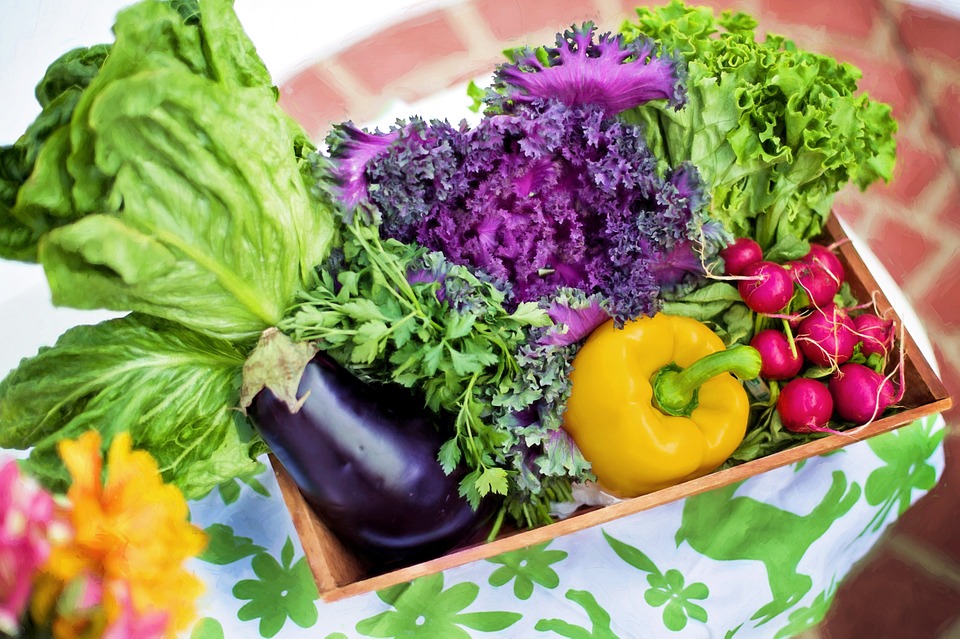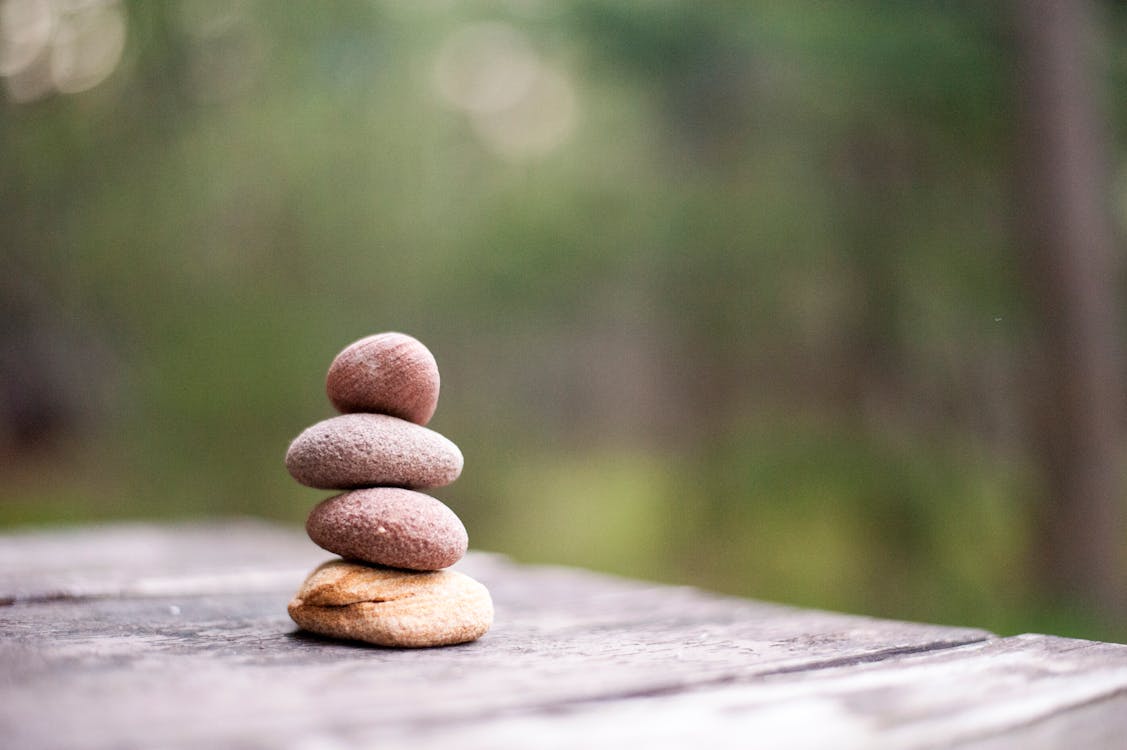
Ten natural treatments for rheumatoid arthritis

You are not alone if you find yourself feeling depressed and under pressure. you are not alone. Nearly a fifth of adults in the UK experience depression or anxiety. That is according to the Office for National Statistics (ONS), which states that more women report that they suffer from the conditions than men. With overthinking and major life events, such as family bereavement, leading to depression; anyone can be at risk of the illness. However, certain genetic variations may make some more prone to the condition than others
While many people doctors prescribe them anti-depressants to help cope with depression by acting as a ‘mood enhancer’, they don’t work for everyone. But, can gardening help us battle depression? Many believe so, with reports suggesting 87% of people who garden for more than six hours per week feel happier. But why and how is this the case?
Garden with your loved ones
Suffering from depression can deplete you of all your confidence, so gardening as a family can be a great way in which to socialise within your comfort zone. Most kids love the garden — and spending time with you — so by creating fun tasks to improve your garden, they will instinctively have fun which will help lift your spirits.
Certain friendly bacteria that is found in soil can also work in a similar way to anti-depressants by boosting the immune system, according to scientists.
Grown your own
Learning to grow your own vegetables is a great skill for many reasons. It is thought that producing your own food can help you reconnect with our planet, its seasons and rhythms. Not only this, but tending to your crops will provide enough light exercise — at your own pace — to boost your endorphin levels.
With one of the primary causes of depression being a sense of feeling out of control, growing your own fruit and veg can help give back some of that power. It’s also thought that folate-rich foods, such as kale and spinach, can help lift your morale. So, what better way to boost yourself than growing it yourself?
Harvesting our own crops can also release the ‘pleasure chemical’ dopamine into the brain, triggering a state of bliss. This release can be caused by sight, smell and actually plucking fruit, so be sure to plant as many different edible options as possible and get that dopamine flowing!
Exercising your mind
Gardening is a super way to exercise your mind mind and body busy while not partaking in anything too strenuous. Tasks such as digging, mowing and planting can keep you occupied for hours on end and always thinking, while being outdoors can increase serotonin in the brain. On top of this, the relaxing ambience provided by being outside can leave you feeling rejuvenated.
Dr Sheri Jacobson, a psychotherapist and clinical director from Harley Therapy, agreed with the benefits that being outside hold in combating depression. She is quoted in Huffington Post saying: “While I haven’t come across anyone claiming that gardening has single-handedly overcome their depression, as part of a wide set of tools, gardening can be beneficial in the battle against depression.
Plant scented flowers
Scientists in Japan claim that inhaling scents released by plants such as lavender can alter gene activity and reduce any stress or depression you may be feeling. Aromatherapy, for example, is used as a form of alternative medicine and relies on scents such as this.
Other plants that are recommended for your garden include jasmine — its fragrance is supposed to help you sleep — and rosemary, which is said to improve air quality, memory function and banish anxiety.
Of course, for some, the thought of getting up and gardening may be a struggle. However, with so many potential benefits, it’s clearly worth trying to get into this hobby. Remember though, you are not alone in your struggle, so be sure to talk to professionals and those closest to you if you are depressed. There are many people out there to discuss your feelings with.
http://www.bbc.co.uk/science/0/22020430
https://www.sciencedaily.com/releases/2009/07/090722110901.htm
https://www.serenataflowers.com/pollennation/plants-anti-anxiety-benefits/
https://www.huffingtonpost.co.uk/2013/07/16/gardening-helps-depression-_n_3602877.html

Arizona Health Sciences Center researchers are discovering that turmeric, a cousin of the ginger plant and a spice used in cooking, is effective against some inflammatory diseases. UA College of Medicine Associate Professor Janet Funk, MD, discusses the spice and takes a look at turmeric supplements.

The popularity of meditation is on the rise, with 14.2 percent of Americans practicing mindfulness in the past year. The majority of people who meditate do so to improve their emotional and cognitive wellbeing, however, meditation can be highly beneficial for your physical health as well. Studies have shown that meditation can reduce sensations of pain and unpleasantness by as much as a 57%, and can lower levels of cellular inflammation and improve immune function. If you’re living with chronic pain or in the process of recovering from a long-term illness, meditation can improve your overall health and quality of life. The physiological and psychological benefits of meditation make it a crucial component of self-care when you’re dealing day-to-day with the stress and discomfort of an illness.
Meditation Helps You Cope with Pain
If you’re dealing with chronic pain, you may have already tried a slew of prescription medications, physical therapy and other treatments to cope. Chronic pain can affect all areas of your life, and can take a toll on your mental health. With the use of MRIs, scientists have determined that certain forms of meditation can activate and reinforce neural pathways in the brain associated with processing pain. Pain disorders that occur without the presence of tissue damage, like fibromyalgia and chronic fatigue, are highly responsive to meditation. Meditation also stimulates the brain to release chemicals like endorphins and dopamine, which work as natural pain relievers.
Meditation Reduces Stress To Improve Cardiovascular Health
Reducing stress is crucial for better health whether or not you’re living with an illness. Stress plays a role in causing inflammation throughout the body through the release of hormones like cortisol. When you are stressed, your heart rate and blood pressure increase, and your muscles become tense and stiff. Meditation shifts your focus away from external stressors to achieve an inner sense of calm. As a result, your sympathetic nervous system can relax, as your body no longer exerts its total energy in a flight-or-fight response. This allows you to enjoy better sleep, a better mood and better cardiovascular health.
Meditation Improves Your Mental Health and Overall Attitude
There is a significant correlation between chronic disease and mental illness.. The impact of dealing with pain in everyday life, as well as the financial, social and occupational challenges can take a toll on your mental health. The effect can be cyclical; as you become depressed, you are less likely to attend doctors appointments, exercise and make the right nutritional choices necessary to care for yourself. Meditation helps you overcome distracting or obsessive thoughts that may hinder your path to joy. Focused patterns of breathing, visualization techniques and engaging the senses encourages you to stay present in the moment and feel in control of what’s to come. To bolster the mood enhancing benefits of meditation, involve friends and family in a meditation session and make it a group activity. Finding ways to spend time with loved ones is important when you are dealing with an illness, and meditation can be a safe, relaxing and beneficial activity you can all enjoy together.
The physiological effects of meditation can improve your health and facilitate faster and easier healing. Taking time out of your day to center your mind can also help alleviate the stress and emotional burden of dealing with an illness. Used in conjunction with your doctor’s prescribed methods of treatment, meditation can be a valuable tool when you’re living with or recovering from an illness.
The use of complementary or alternative medicines with conventional medicine has seen a significant increase in the last 40 years. Here, we take a closer look at its progression. The following infographic is a guide to complementary medicine and therapies. What is more, this infographic shows the differences between complementary and conventional medicine. For instance, while the complementary medicine usually combines a variety of ideologies and treatments, the conventional medicine can be only explained in scientific terms.
The infographic also provides information about the history and evolution of the complementary medicine. Moreover, you should know that evidence of proven treatments and therapies is scarce. However, there are therapies such as acupuncture and massage that are undoubtedly beneficial to the majority of the patients.